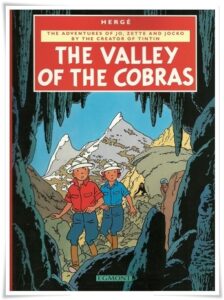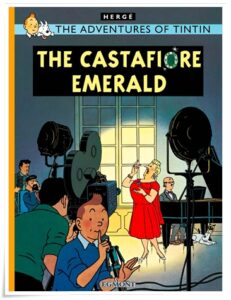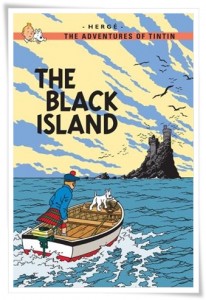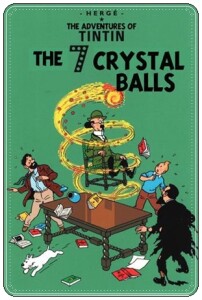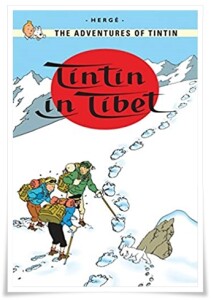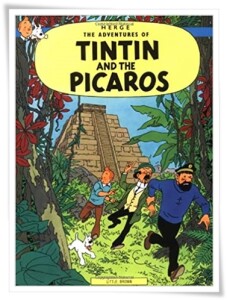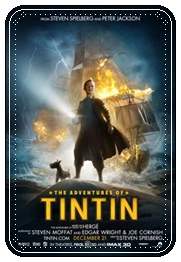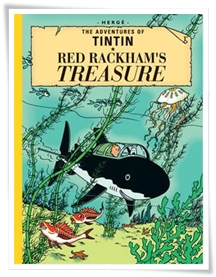Tintin: The Red Sea Sharks
by Hergé (Tintin Magazine, 1956-1958)
English Edition trans. Leslie Lonsdale-Cooper (Methuen, 1960)
A curious volume. Hergé oscillates between depicting Tintin in the early adventuring style, condemning the modern slave trade (perhaps the most serious theme in the entire Tintin canon), and revelling in a broad-cast comedy of slapstick. These threads remain disparate and unwoven.
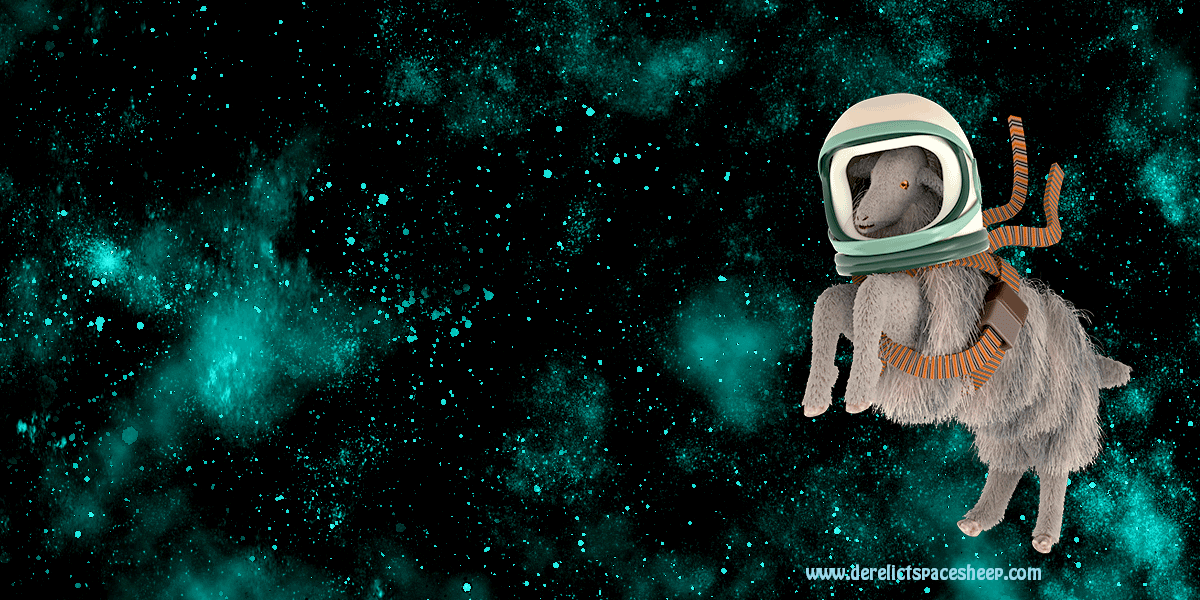
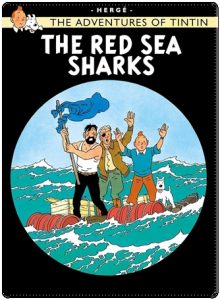
![Book cover: “Mr. Pump’s Legacy” by Hergé; trans. Leslie Lonsdale-Cooper & Michael Turner (Methuen, 1987) [from Le Testament de Monsieur Pump, 1951]](https://www.derelictspacesheep.com/wp-content/uploads/2022/11/Herge_Mr-Pumps-Legacy-225x300.jpg)
